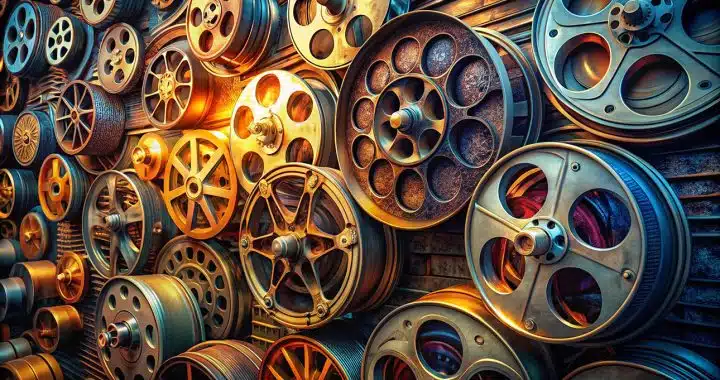
MoMA’s Film Restoration Fest To Save and Project Eyes Bad Behavior
MoMA’s film restoration fest To Save and Project eyes bad behavior with a Casanova, Western gunmen, pre-Code showgirls and drug addiction.

MoMA’s film restoration fest To Save and Project eyes bad behavior with a Casanova, Western gunmen, pre-Code showgirls and drug addiction.
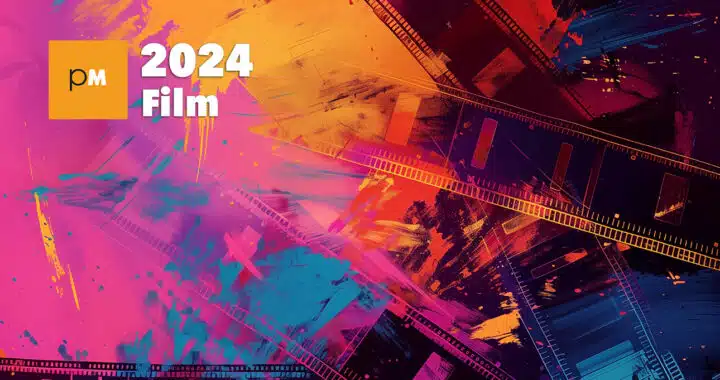
Our Best Film of 2024 commemorates intriguing films, emerging voices and celebrated doyens searching for stranger narratives and new angles on existing legends.
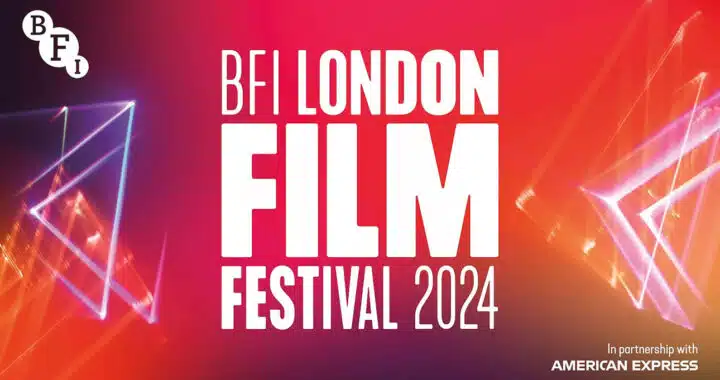
Mindfulness is integral to cinema; thus, it’s fitting to emphasize time in 2024’s London Film Festival Festival, because every story is running out of it.
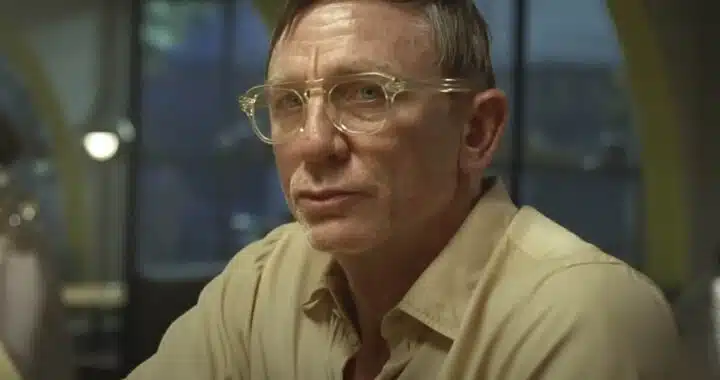
In the vein of socially relevant topics at Venice Film Festival 2024, Queer, Joker: Folie a Deux, and 2073 got the island of Lido talking for different reasons.

Masterfully layered and confidently executed, Walter Salles’ I’m Still Here swivels between intimate family drama and sweeping political thriller in an homage to fearless women.
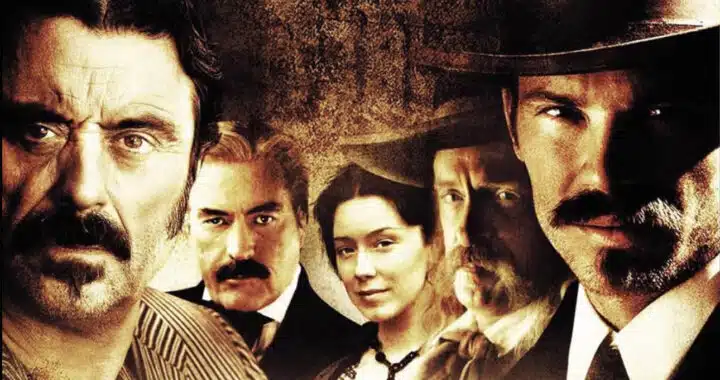
Individualism was not the dominant force on the American frontier, as most Westerns would have you believe. Deadwood explores the era’s cooperation and moral optimism.
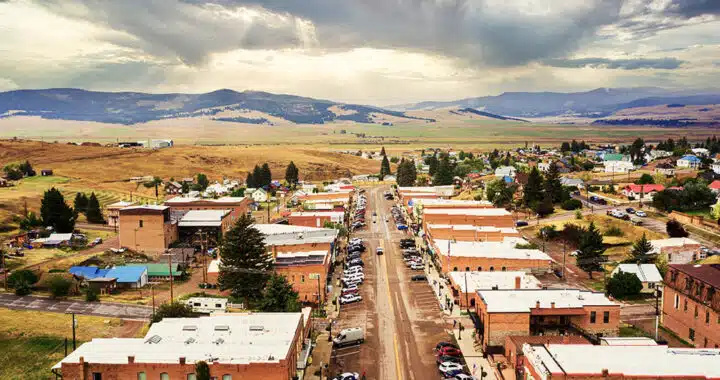
Poet and author Jessica E. Johnson’s memoir Mettlework excavates myths of motherhood and girlhood in mining towns across America.
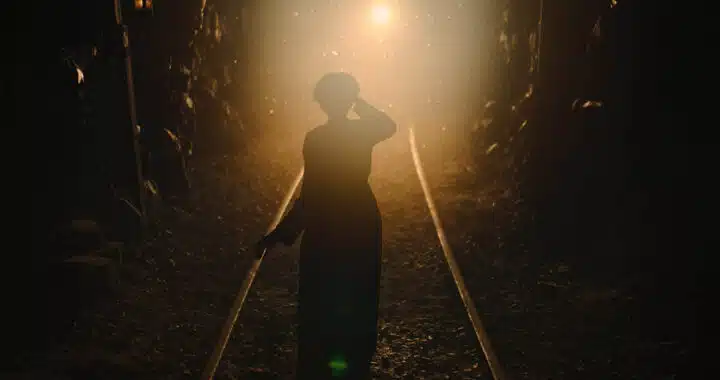
In adapting the alternative history The Underground Railroad, Barry Jenkins and his crew made cinema – a medium with origins in white supremacy – work for them.
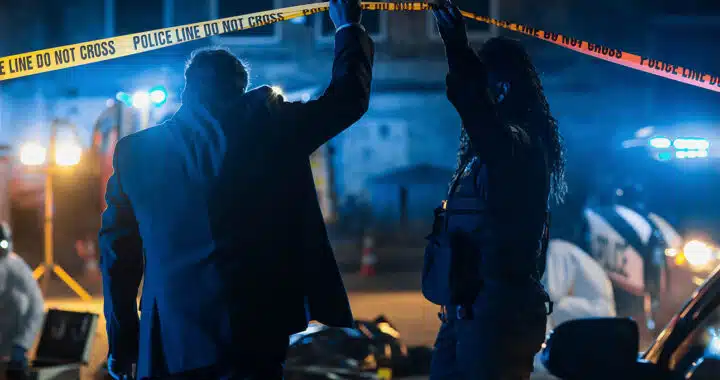
For compelling and worrisome reasons, crime sells in our TV entertainment. The Responder, Shardlake, and Eric feed our brutal compulsion in varying ways.

George Eliot was not Jewish, but her 1876 novel Daniel Deronda took on the “Jewish question” and brought forth the concept of Zionism with knowledge and grace.
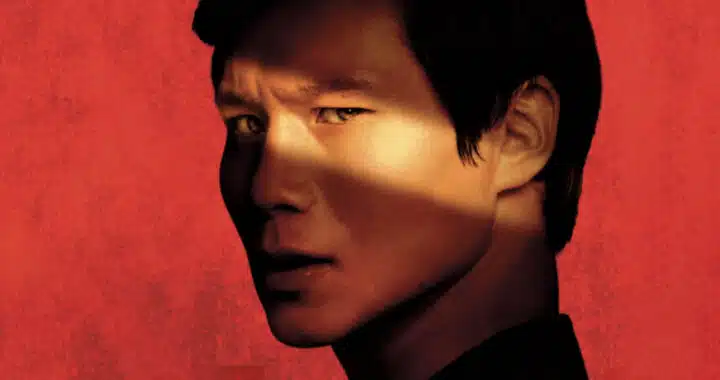
The mini-series adaptation of Viet Thanh Nguyen’s kaleidoscopic tale The Sympathizer is a knockout account of colonialism, war, and (the loss of) identity.